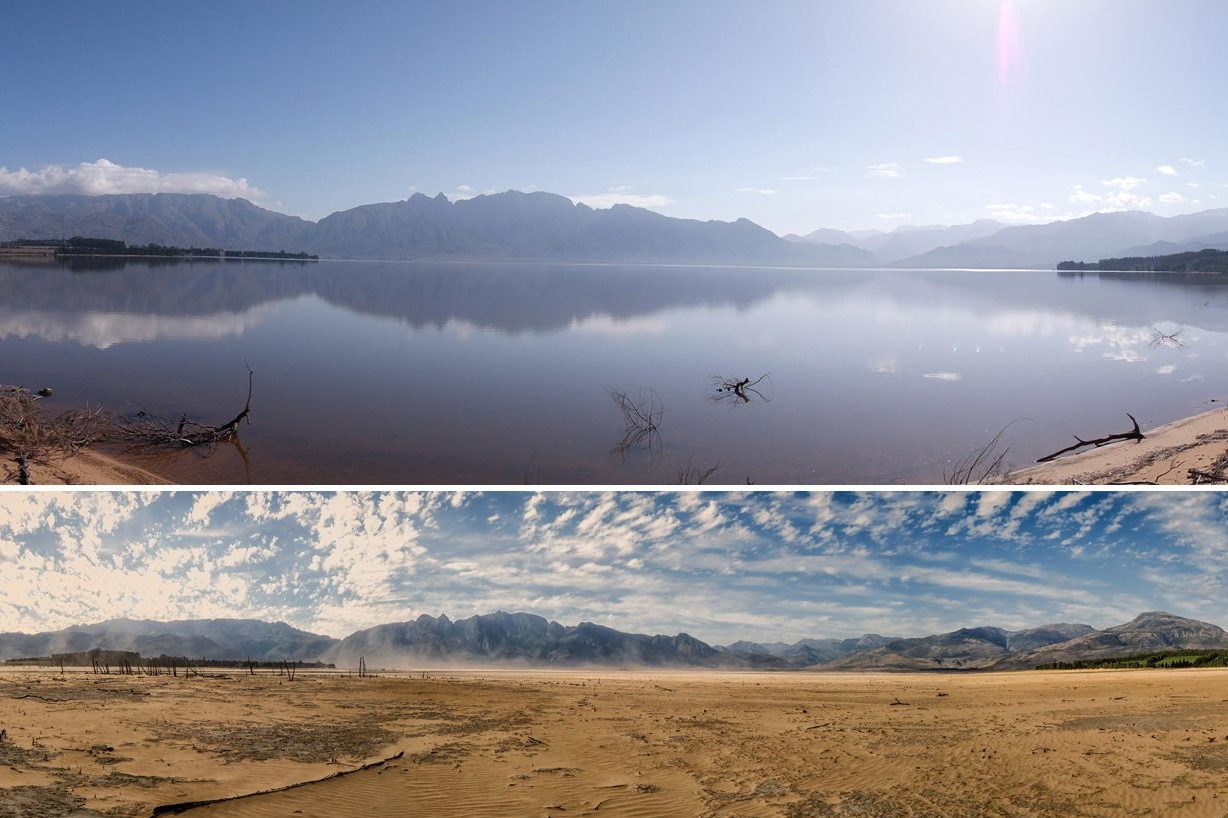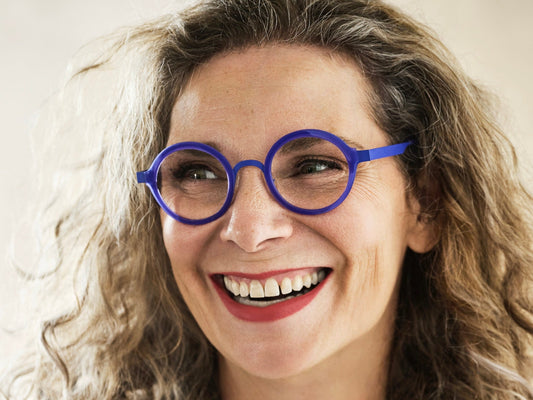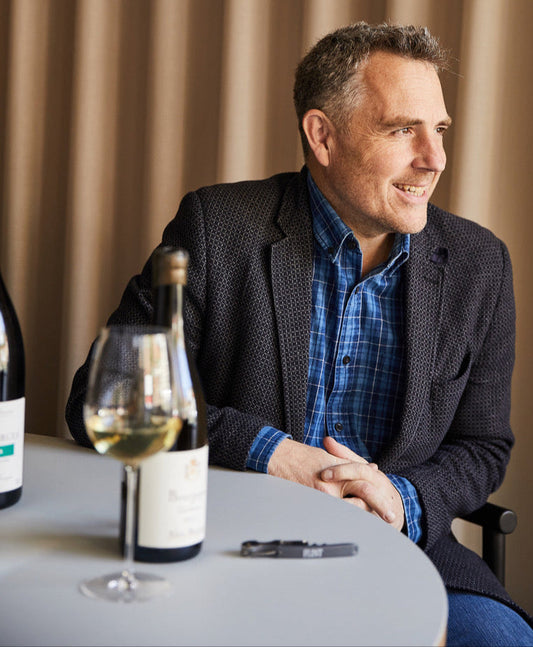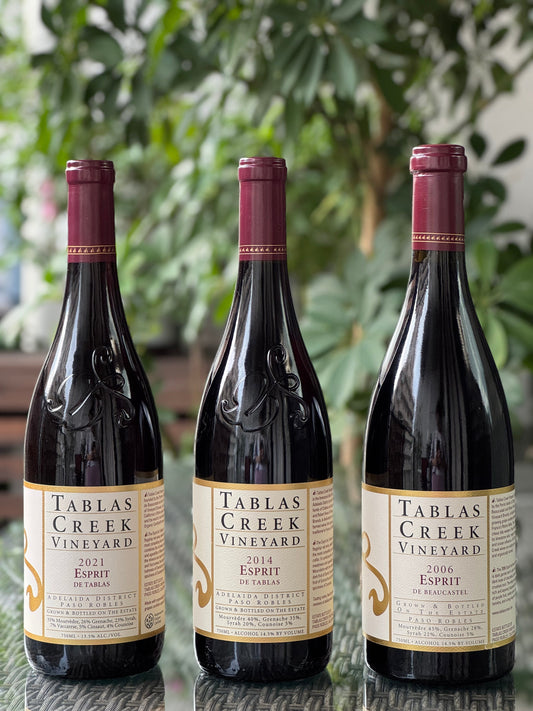|
Climate change has become the most pressing social, economic and political issue of the 21st century, with the wine industries of the world implicated in several ways. They are held accountable for the carbon footprint of their activities, and also of their trade. They are required to minimize or even neutralize the impact of farming and wine production on the environment, and they are expected to provide for the consequences of their distributing their products around the globe. At the same time they are obviously victims of the self-same climate change. There's virtually no region that has not experienced a significant climate shift in the past two decades. This does not necessarily express itself in an increase in temperature over the growing season – nor is every climate event necessarily the result of global warming, as Brian Croser has shown so eloquently with regard to what has happened in Australia in the past several months. South Africa has been no exception, even though it has largely been spared the massive heat spikes that pose a long-term threat to some of the other major wine producing countries. This does not mean that the Cape has escaped unscathed. The most obvious and widely publicized climate event was the drought of 2015 to 2018 which brought Cape Town perilously close to Day Zero. The images of Theewaterskloof Dam tell the story better than any description. Since the quality areas of South Africa's wine lands are largely crowded around the Mother City – over 90% of the premium appellations are fewer than 100 kilometres from Cape Town – the crisis that afflicted the city and its residents over this period was reflected in catastrophe for the wine industry. Of course vines are hardier than humans when it comes to water deprivation. In many wine regions irrigation of productive vineyards has long been outlawed, a regulation intended to prevent over-production through dilution. This prohibition is based on the presumption of adequate rainfall. It is unlikely that the law-makers had in mind anything as ferocious as the water shortage which wrought such havoc to the Cape's dryland vineyards. In parts of Stellenbosch, conditions were so bad that some of the most venerable unirrigated bush-vine vineyards gave up the ghost in the final year of the drought. Water shortage on this scale is not about compromising the quality of a vintage or the prospects of the next harvest. It can be, as Chris Alheit discovered of his legendary Radio Lazarus vineyards, a fatal condition. Assuming that this ‘worst-in-a-century drought’ does not become a regular occurrence, the Cape's experience of climate change may be less dramatic than elsewhere. The coastal regions are the source of most of South Africa's best wines. Many of the vineyards are less than 30km as the crow flies from the Atlantic, whose waters are directly influenced by the Benguela current flowing northwards from Antarctica. The Atlantic and (to a lesser extent) the Indian Ocean play an important role in moderating temperatures over the growing season. Harvest dates have certainly advanced – but this can be ascribed, at least in part, to cleaner planting material uncontaminated by leaf-roll virus. What has come as something of a surprise to the country's quality wine producers has been the change in the ripening cycle of the vines, a change that has seen phenolic ripeness with higher natural acidities and lower sugars. Five to 10 years ago, alcohol levels of 14–15% were pretty much the norm. Now 13.5% is common, with 13% and even 12.5% no longer remarkable. Forward-thinking producers – such as Jordan's Gary and Kathy Jordan – are seeking out drought-resistant varieties like Assyrtiko, but at least no one is grubbing up Sauvignon Blanc and replacing it with Touriga Nacional. |
| AUTHOR Michael Fridjhon has been writing about wine for over 40 years. He is author or contributor to over 40 books, and is South Africa’s best known international judge and its most widely consulted liquor industry authority. |
The Cape Climate Change Experience




